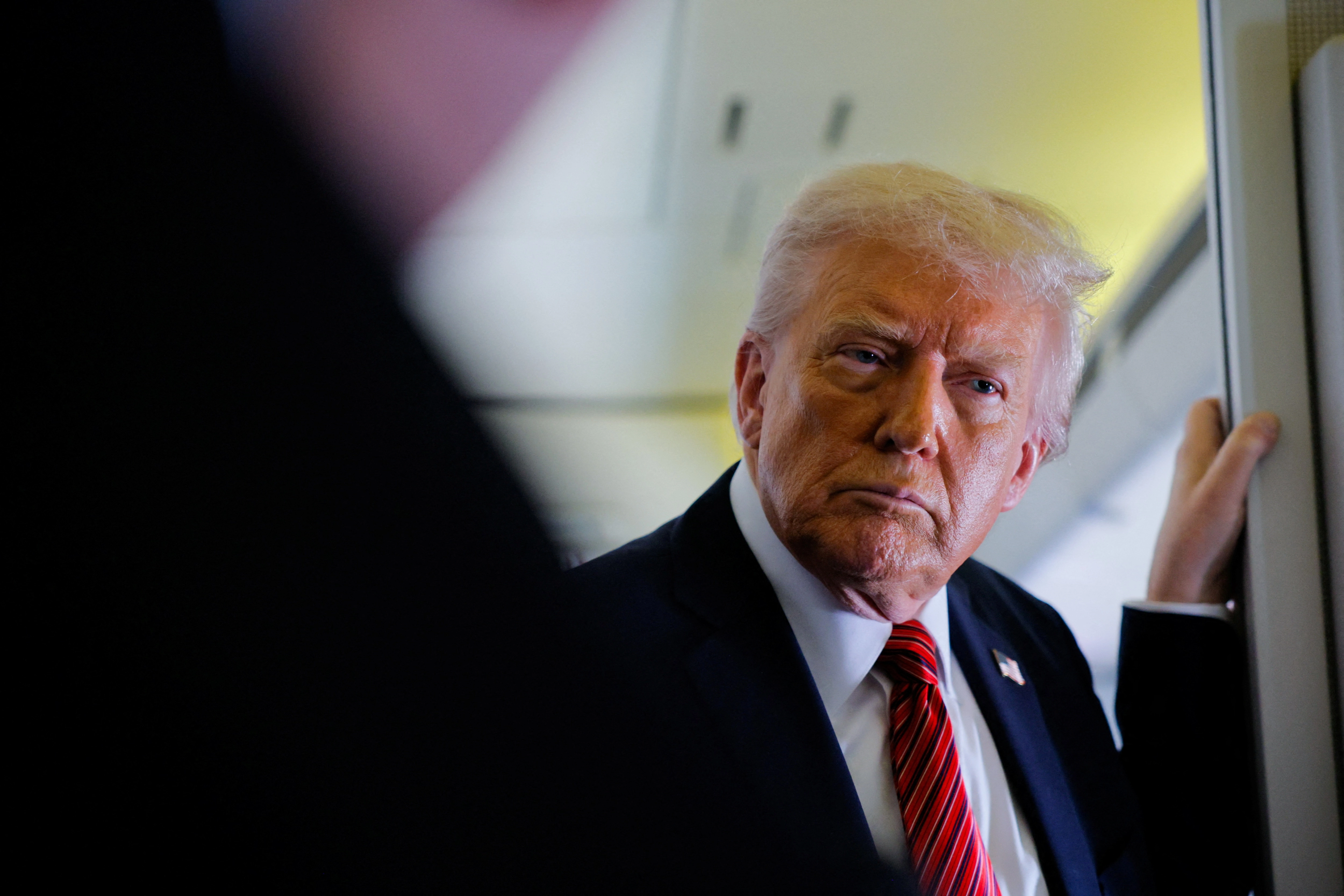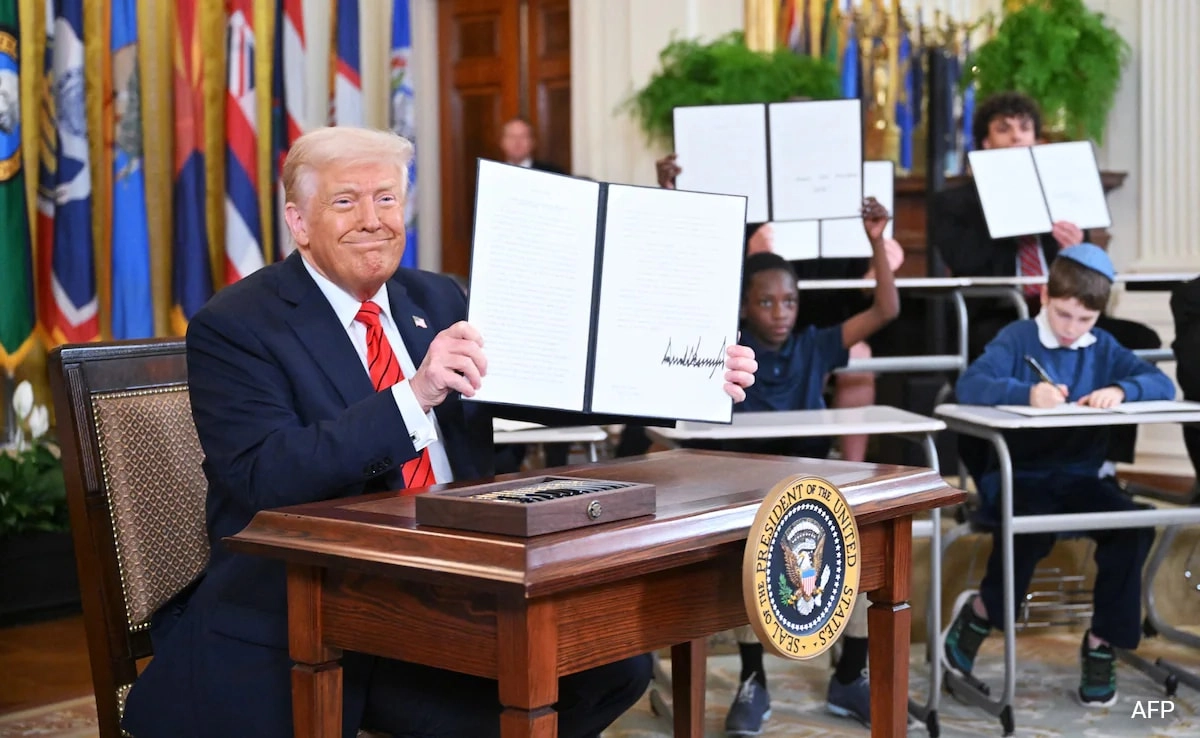In the complex landscape of international relations, global leaders find themselves navigating a precarious balance when dealing with former President Donald Trump. His unique approach to diplomacy and governance has often been characterized by a blend of unpredictability and assertiveness, leading to a delicate tightrope walk for those in power around the world. Leaders must exhibit a level of deference to Trump’s significant influence while simultaneously standing firm in their national interests, creating an environment ripe for both collaboration and conflict.
One of the key challenges faced by these leaders is Trump’s tendency to oscillate between isolationist rhetoric and aggressive posturing. For instance, during his presidency, he frequently questioned longstanding alliances, such as NATO, while simultaneously engaging in high-profile summits with adversarial leaders. This duality forces global leaders to adopt a cautious approach, as they must align with U.S. policies that often shift dramatically. The need to maintain a cooperative relationship with the U.S. while asserting their own sovereignty presents a significant diplomatic challenge, requiring astute maneuvering to avoid the pitfalls of open disputes.
Moreover, Trump’s influence extends beyond governmental relations; it permeates economic, social, and cultural spheres. Countries that rely heavily on trade with the U.S. are particularly vulnerable to his policy changes, which can abruptly alter market dynamics. Leaders must weigh the benefits of fostering strong trade ties against the risks of economic dependency on a country whose policies may shift unpredictably. This complexity is further exacerbated by the polarized domestic political climate in the U.S., which can lead to erratic policy decisions that impact global markets and international agreements.
In conclusion, global leaders are compelled to approach their interactions with Trump cautiously, balancing respect and strategic interests with the need to assert their own national agendas. The tightrope they walk is fraught with potential disputes, as missteps can lead to significant diplomatic fallout. As the international community continues to grapple with the ramifications of Trump’s influence, the ability to navigate this intricate landscape will be crucial for maintaining stability and fostering constructive global partnerships. The future of international diplomacy may depend on how effectively these leaders can manage their relationships with the U.S. and with one another in this challenging environment.




